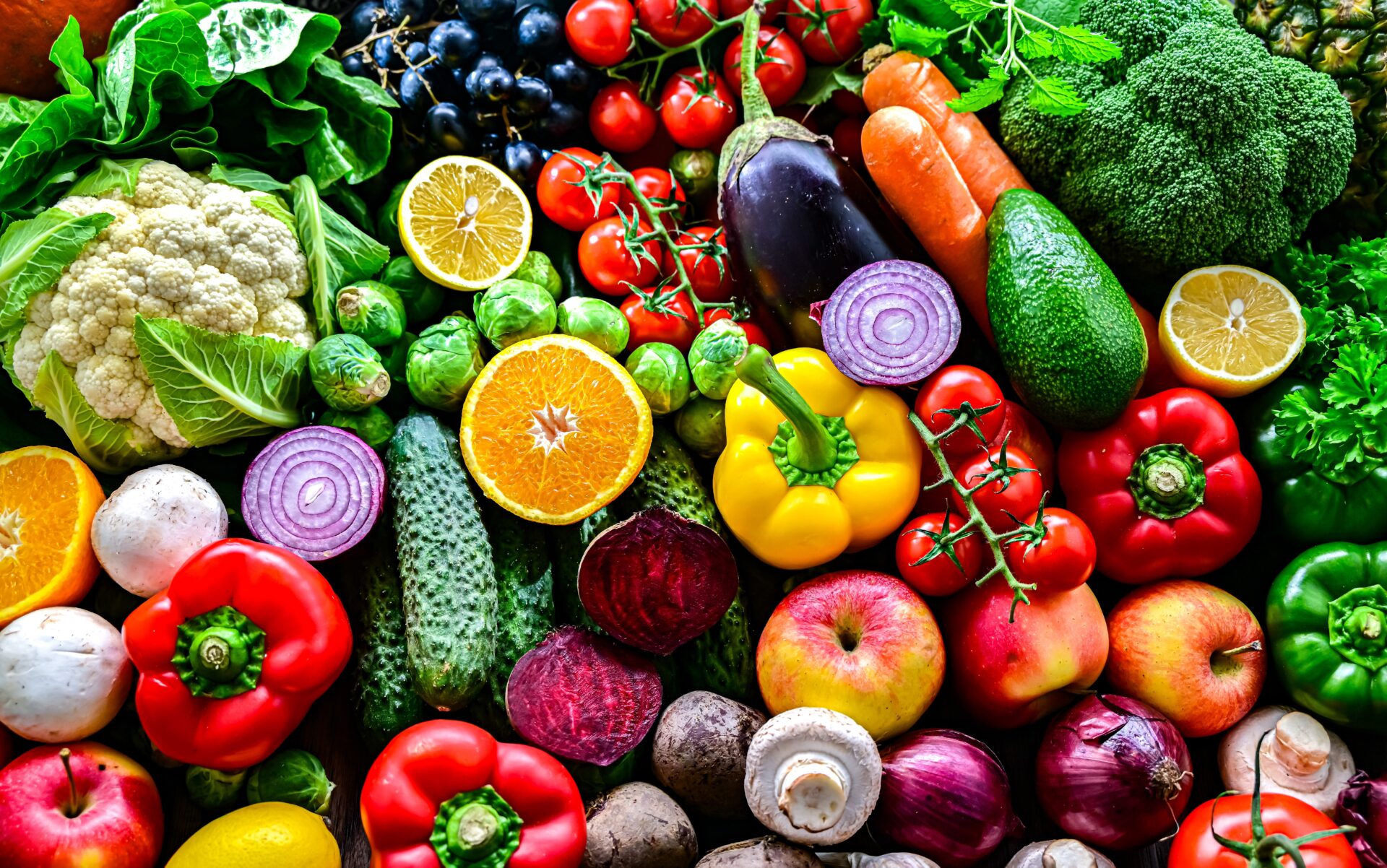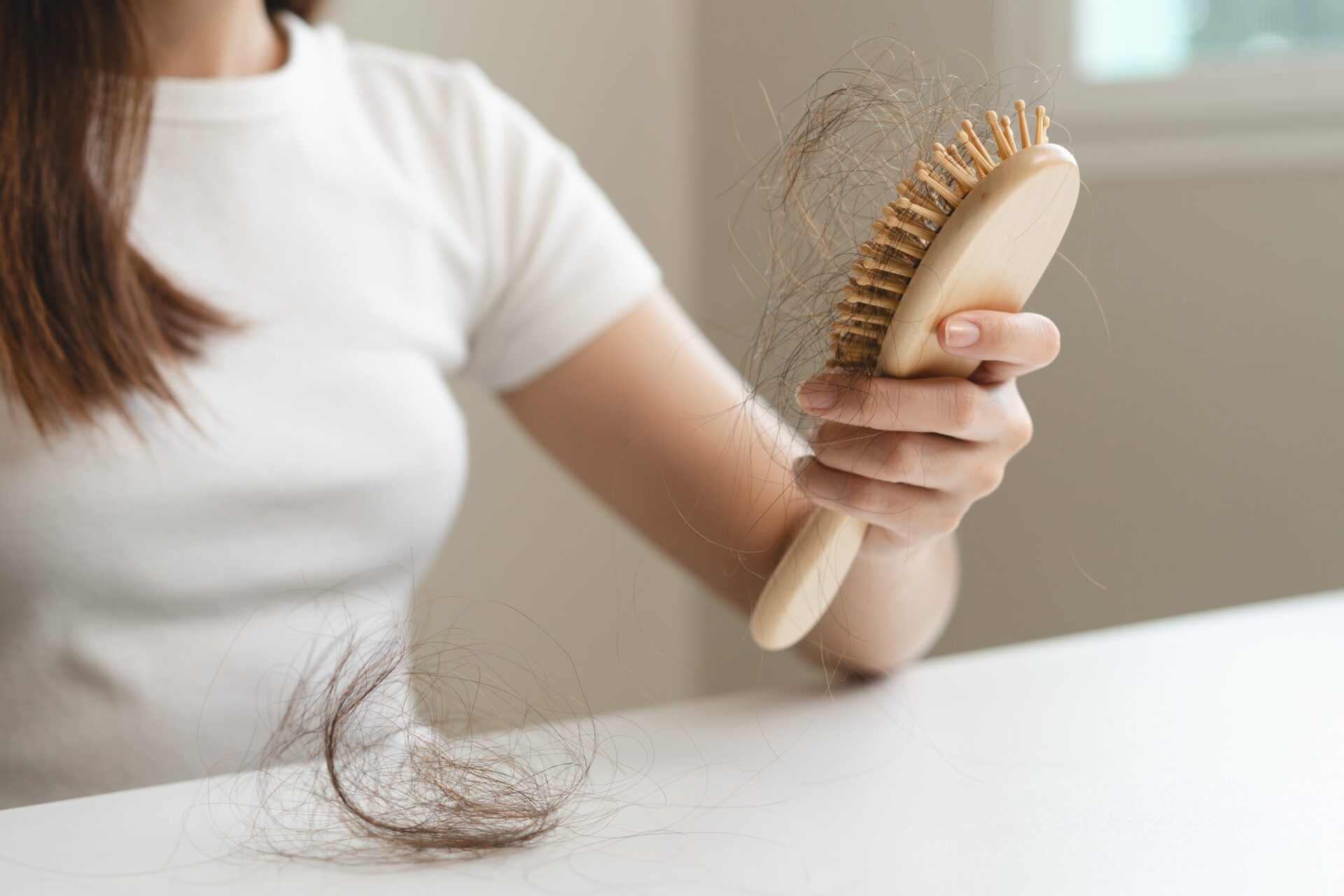Rosacea is more than just occasional facial redness. It’s a chronic skin condition that can include acne-like breakouts, visible blood vessels, eye irritation, or even thickened skin. For many people, rosacea is unpredictable and frustrating. But one area that’s gaining attention in the dermatology community is the role diet plays in managing rosacea symptoms.
While triggers can vary from person to person, certain dietary patterns have been shown to contribute to flare-ups. Understanding which foods may help or hinder your skin can be a game-changer for long-term rosacea relief.
Keep reading to learn more about how your diet can impact your rosacea symptoms.
Can Food Really Trigger Rosacea?
Food can absolutely influence how your skin reacts. Some of the most commonly reported dietary triggers include spicy foods, alcohol, and hot beverages. These items can increase blood flow to the skin, leading to redness, flushing, and inflammation. For those with rosacea, this can quickly turn into a full-blown flare-up.
Beyond immediate triggers, certain foods, particularly those high in sugar or processed ingredients, can contribute to chronic inflammation in the body. This low-grade inflammation may worsen rosacea over time or make it more resistant to treatment.
What Should You Eat Instead?
While there’s no one-size-fits-all rosacea diet, many people find that adopting an anti-inflammatory eating pattern helps calm their skin. Foods that support clearer, more balanced skin include:
- Omega-3 rich options like salmon, flaxseeds, and walnuts
- Fresh fruits and vegetables, especially those high in antioxidants (think berries, leafy greens, and sweet potatoes)
- Whole grains and plant-based proteins
- Cooling and hydrating foods like cucumbers, melons, and herbal teas
By focusing on these nutrient-rich ingredients, you’re not just avoiding flare-ups, you’re nourishing your skin from within.
How Does Gut Health Play a Role?
An increasing body of research supports the connection between gut health and skin health. Many people with rosacea also experience digestive issues such as bloating or food sensitivities. This isn’t a coincidence. Imbalances in the gut microbiome can contribute to inflammation throughout the body, including the skin.
By choosing foods that support a healthy gut (like fiber-rich vegetables, fermented foods, and probiotic-rich options), you may notice improvements not only in your digestion but also in your skin’s appearance and comfort.
A Helpful Resource from Dr. Ron Moy
If you’re unsure where to begin with rosacea-friendly eating, Dr. Ron Moy, a board-certified dermatologist, Mohs Surgeon, and one of the leading cosmetic and facial plastic surgeons in Los Angeles, has created a valuable resource: Cooking with Rosacea. This dermatologist-approved cookbook is full of simple, delicious recipes that are designed to minimize common rosacea triggers while supporting overall skin health.
Dr. Moy shared,
“As a dermatologist, I’ve seen firsthand how powerful nutrition can be in managing skin conditions like rosacea. This cookbook is more than just recipes—it’s a tool to help reduce inflammation from the inside out which is why I’m so pleased to share it with everyone.”
Rather than guess which foods might be safe or harmful, Cooking with Rosacea provides a practical guide to eating in a way that helps calm inflammation and promote healthier skin. Whether you’re dealing with facial redness, breakouts, or eye irritation, the cookbook offers meals that are not only easy to prepare but also grounded in real clinical insight.
The recipes focus on fresh, whole ingredients that are low in histamine and free from common irritants like spicy seasonings, processed sugars, and aged cheeses. It’s a helpful starting point if you’re looking to make dietary changes without sacrificing flavor or nutrition.
Get Your Free Copy of Cooking with Rosacea
Is It Time to Rethink Your Diet?
If you’re living with rosacea, your skin may be trying to tell you something about what’s happening inside your body. Diet won’t cure rosacea, but it can significantly impact how often and how severely you experience symptoms.
Making thoughtful changes to your eating habits and having resources like Cooking with Rosacea at your fingertips can give you more control over your condition and your quality of life.
If you have questions about your skin, schedule an appointment with one of our dermatology experts at Duncan Dermatology today!



